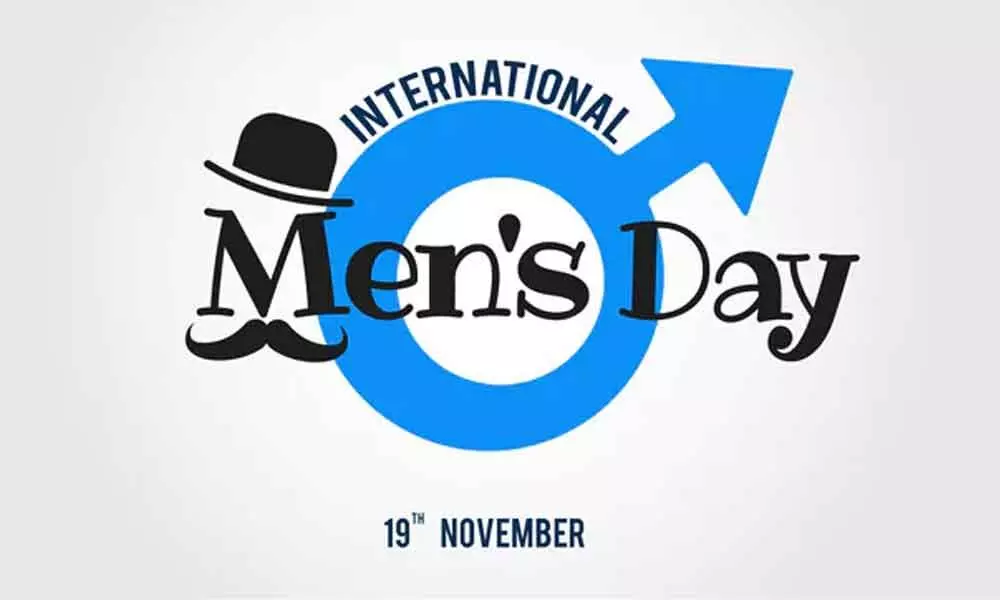
History:
International Men’s Day was first established in 1999 by Jerome Teelucksingh, a professor of history at the University of the West Indies in Trinidad and Tobago. The day was sought to commemorate his father’s birthday. He also encouraged everyone to utilise this day to raise awareness on issues affecting men and boys.
Significance:
This day is dedicated to the well-being and health of men, their sexual struggles, and the social conditions they are exposed to. This day is also the day when there is talk of discrimination and better gender relationships are pushed for, as we look to open up a dialogue on these topics. The ultimate goal of the day is to promote the basic values and awareness of men.
Theme:
The 2021 theme for International Men’s Day is ‘Better relations between men and women.’
This day is commemorated across the world by holding programmes and conferences in which topics concerning men and boys are discussed, difficulties are debated, and awareness is raised.
The Six Pillars of International Men’s Day
Below are the six pillars of International Men’s Day, that we have gathered through research about the day:
- To encourage positive male role models, not just actors and athletes, but ordinary working-class people who live decent, honest lives.
- To honour men’s contributions to society, the community, the family, marriage, child care, and the environment.
- To concentrate on men’s social, emotional, physical, and spiritual health and well-being.
- To draw attention to male discrimination in areas such as social services, societal attitudes and expectations, and the legislation.
- To promote gender equality and strengthen gender relations.
- To make the world a safer, better place where individuals may feel protected and develop to their full potential.








